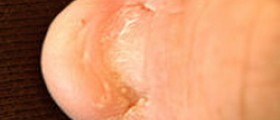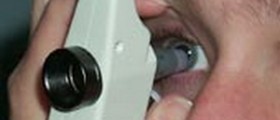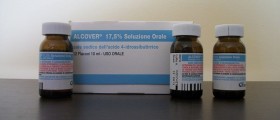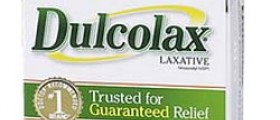
Scopolamine is one of the metabolites of Solanacea plantfamily. The substance itself is an alkaloid which has anti-cholinergicproperties. It works by affecting the transmission of nerve impulses in themuscles and in the part of the brain responsible for vomiting.
Scopolamine is used to treat muscle problems, such as musclespasms or Parkinson-like muscle conditions, but also for the treatment ofintestinal problems, especially irritable colon syndrome. The same alkaloid isused to prevent motion sickness nausea and vomiting.
Adverse Effects of Scopolamine
Most of the people using transdermal scopolamine, more than60% of them actually, suffer from gastrointestinal side effects. As the mostcommon problem, patients reported dry mouth. However, transdermal applicationof scopolamine has the least reported incidence of side effects compared toother types of administration.
At the site of application, patients may notice some drynessof the skin, rash or erythema. These patients may also suffer from rare andclinically insignificant reduction of blood pressure and heart rate. Genitourinaryproblems are also very infrequent among patients using transdermal scopolaminepatches, but there were some reported cases of urinary retention.
People using scopolamine may also notice some eye problems,usually mydriasis and cycloplegia, which both lead to blurred vision. Some othereye complications might include rare side effects, such as anisocoria,unilateral dilatation of the pupil and very rarely narrow angle glaucoma oresotropia. In most cases symptoms resolve on their own, just a couple of daysafter the removal of a transdermal patch.
Scopolamine may also provoke some nervous system problems,including drowsiness as the most common and dizziness, sleeping problems,confusion and paranoia as the rarer ones. Patients also reported restlessness,memory difficulties and hallucinations. Among some elderly patients and infrequentlyamong children using scopolamine, there were some cases of delirium andpsychosis caused by this medication.
Some patients reported recurrent migraine attacks, provokedby scopolamine intoxication.
Withdrawal symptoms appear only occasionally, in peopleusing scopolamine for more than 3 days. These patients can complain about thenausea, vomiting, dizziness, hypotension, dysphoria and paresthesias of thehands and feet.
When to Avoid Scopolamine
If you are allergic to scopolamine you mustn’t use thisalkaloid for any treatment whatsoever.
People with certain medical problems should also stay awayfrom scopolamine. This includes patients suffering from: serious hypertension (highblood pressure), severe heart blood vessel disease, bleeding or narrow-angleglaucoma. Avoid scopolamine if you have any problems with the kidney function,uncontrolled bleeding, blockage of the bladder or enlarged prostate. Patientswith diagnosed myasthenia gravis should not use scopolamine also.
Don’t use scopolamine if you experience any severe problemwith esophagus, peptic ulcer, problem with bowel motility, inflammation of thebowel or blockage of the stomach or the bowel.

















Your thoughts on this
Loading...